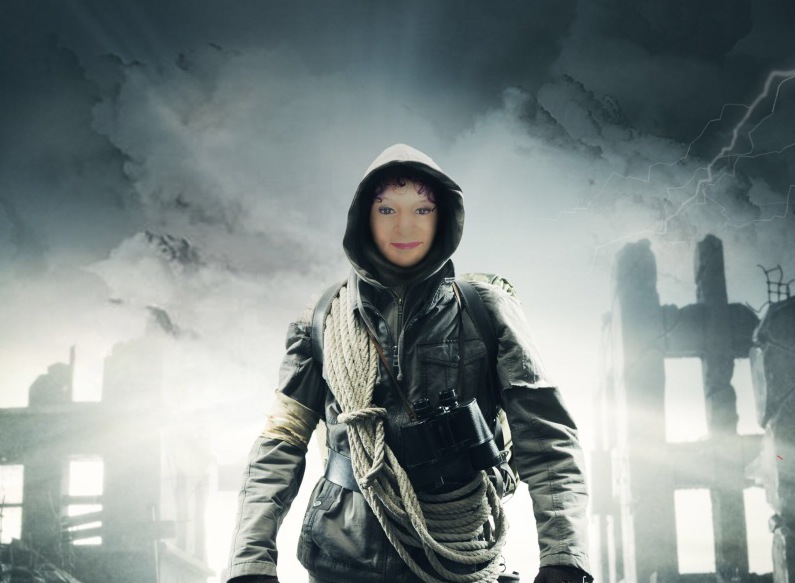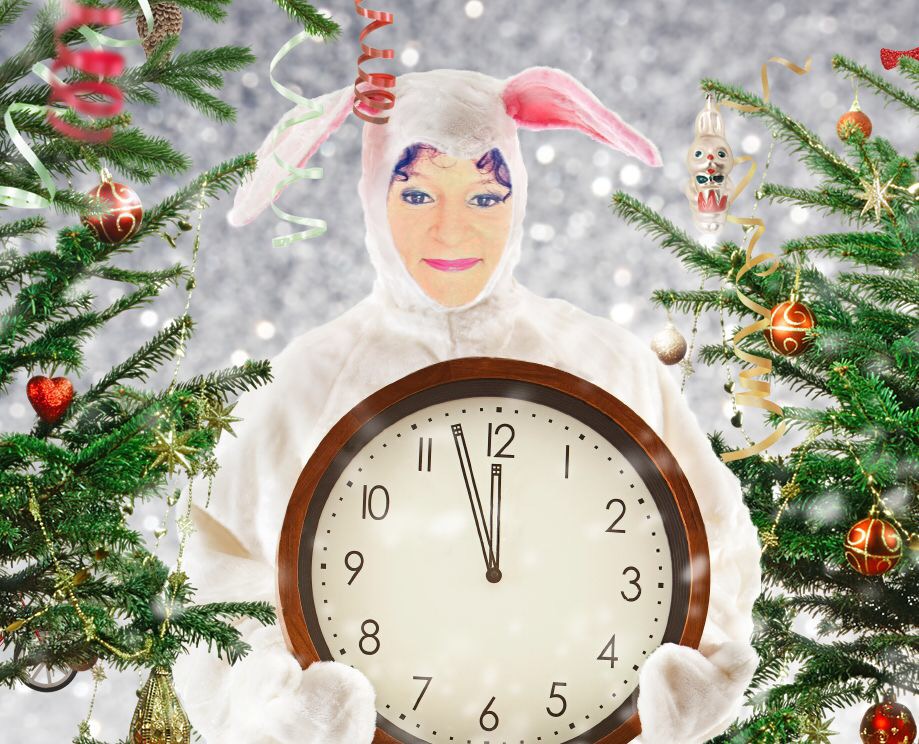I write this post as author more so than an emerging screenwriter. Yes, I have written male characters in many of my short stories and novels. Sometimes it has been more challenging than expected and sometimes it has not been challenging at all. It depends on the character and my ability to know what makes him who he is in the story. Sometimes I do this well and sometimes I do not. That’s the writing game.
Recently I read this blog article written by CJ Wally titled, “Writing Women as a Man” found here. I’ve always been the girl who preferred to watch action or horror films over chick flicks. That doesn’t mean I hated, The Notebook . I loved The Notebook. However, I was a young girl who rode horses, learned how to drive a tractor and shifted irrigation pipes for my father. Nevermind the fact that when black dirt was wet you sink like a stone to your knees into it. Bit of dirt never hurt anyone, right? But I hear you asking, “So you never played with dolls then?” Of course I played with dolls and yes, Barbie dolls. My best friend, Andrea and I played for countless hours with our dolls. Even our friend, Stuart, played dolls with us occasionally and we played cars with him.

I haven’t digressed there is a link to the above paragraph and the article by CJ Walley. He makes a great point “women who wear uniforms sometimes wear dresses” The point I was attempting to make above is not that I had tomboy tendencies but I was introduced to what was considered “boyish work” thus attracting the tomboy term by some people. Dad, bless him, sometimes even called me, blueboy. Which I believe was from a John Fogerty song. The tendency to do boyish things didn’t just appear it was influenced by my father because he never placed a gender type or role on me as a girl child. I had no brothers or sisters so if something needed doing my father would call on me to help him. Whether that chore was dirty work or hard work I’d help him. That didn’t mean I never wore dresses. I loved dresses and dressing up in pretty things. I still do!

Writing women as a man is the same as writing men as a woman. Writing either gender is much more complex than just emotions or the perception of being classified as a type, strong, nagging, passive/aggressive etc. There is so much more to a man or a woman, things like, the intrusion of symbolic meanings, perfectionism, moralistic evaluation, poor communication, good communication, the phase or timing of a person’s life, different beliefs, different family backgrounds or different environment. These are just some of the things that might make a person (man or female) who they are in real life and in storytelling. One thing I’ve learned from undertaking a counselling qualification is that it helps a writer to understand the whole picture of behaviour, relationship issues, family issues and where our behaviours arise from and why each of us are so different. We are more than just our emotions. To me people are also more than their situation (in the now) and when I talk to people whether it’s work related, volunteer related or just socially I understand how complex life can be.
I don’t agree with all of CJ’s points but that’s okay because differences in opinions are good for the world. Science wouldn’t be science without a difference of opinion. Belief systems wouldn’t be belief systems without a difference of opinion. Differences make us question things, healthy reflection on those differences helps people to develop new ways to collaborate and thus create new innovative concepts that lead on to become great discoveries or projects.
Mastering the art of being able to write a great character opposite to the sex of the writer is not easy, but it can be done by either a male writer or a female writer. We just need more females in this creative industry writing, producing and directing. We need them to be offered the opportunities to learn and develop as professionals.
Certainly, writing either gender opposite to your own is challenging. Continuing to try with the determination to do it well is what makes us dedicated storytellers. Personally, I would rather my male and female characters be whole with flaws and failures, talents and triumphs. How they became who they are in storytelling is as complex a story as those in real life. They will be different in genetic/ biological development as they are psychological and social development. That’s what will make them unique.
I’ll leave you with this quote. “I am not an angel,” I asserted; “and I will not be one till I die: I will be myself.” ― Charlotte Brontë, Jane Eyre
So until next time. Be brave and bold in your chosen field of creativity. And never be afraid to explore new techniques.
Wow, this post makes me realise how important it is for writers to understand their characters. Thank you. 🙂